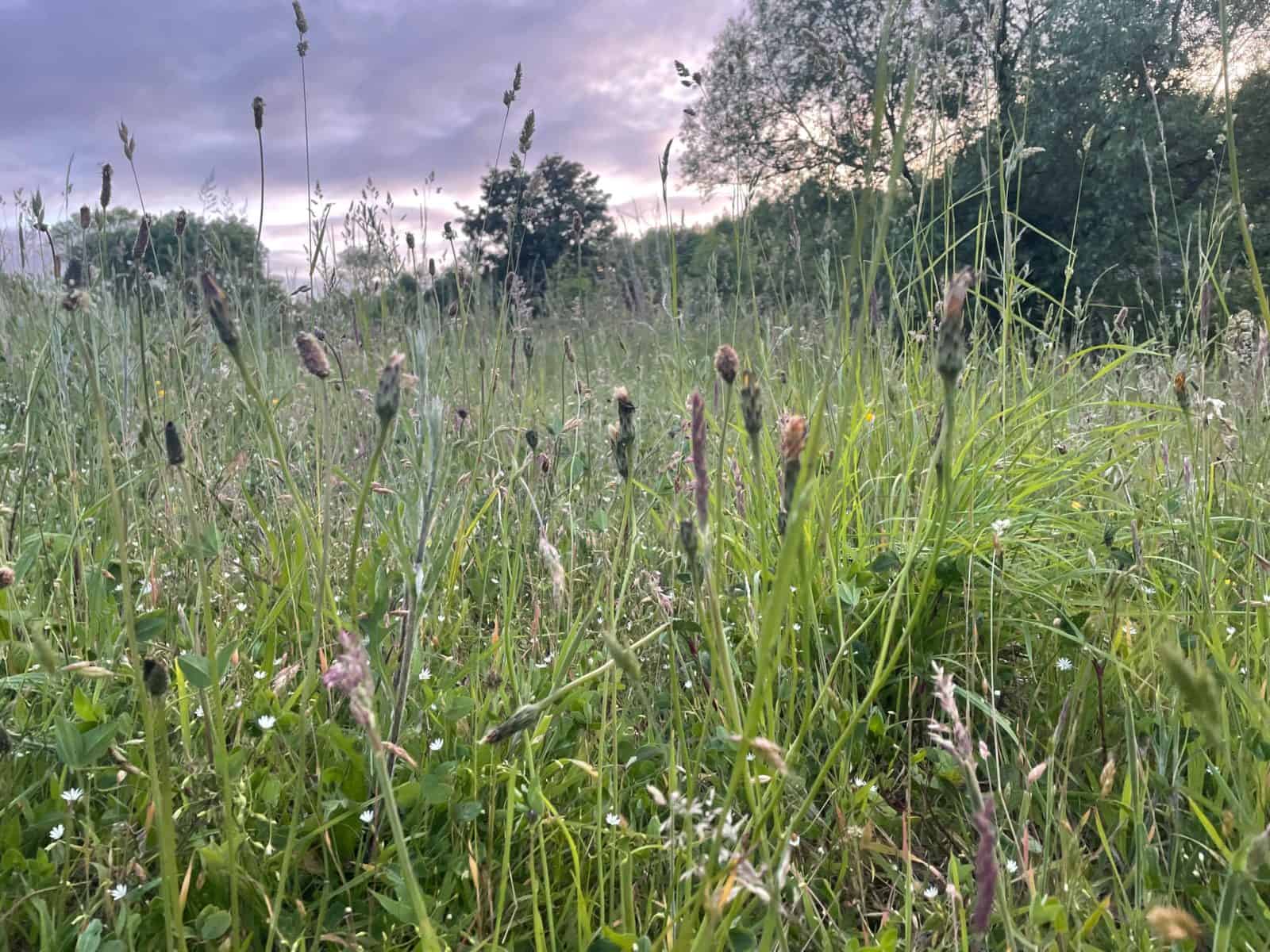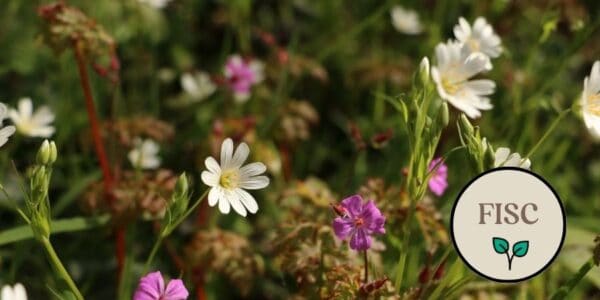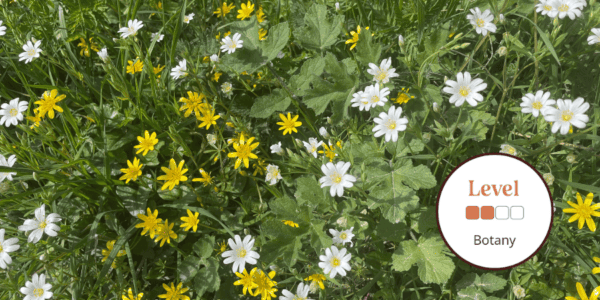This beginner-intermediate grass identification course is designed to help you understand the structure and field characters of common grasses. You will have the opportunity to take your learnings into the field and explore various lowland habitats on the course including: woodland, riverside, pond, meadow and pasture.
This course will include:
- The economic importance of grasses and their place in communities and ecosystems
- Grass structure: vegetative and reproductive
- The differences between grasses, sedges and rushes
- Identifying grasses by using both vegetative and floristic features and dichotomous keys
- Identification of grasses according to habitat
- Abiotic factors and grass growth
- Current threats to the grassland biomes of the world
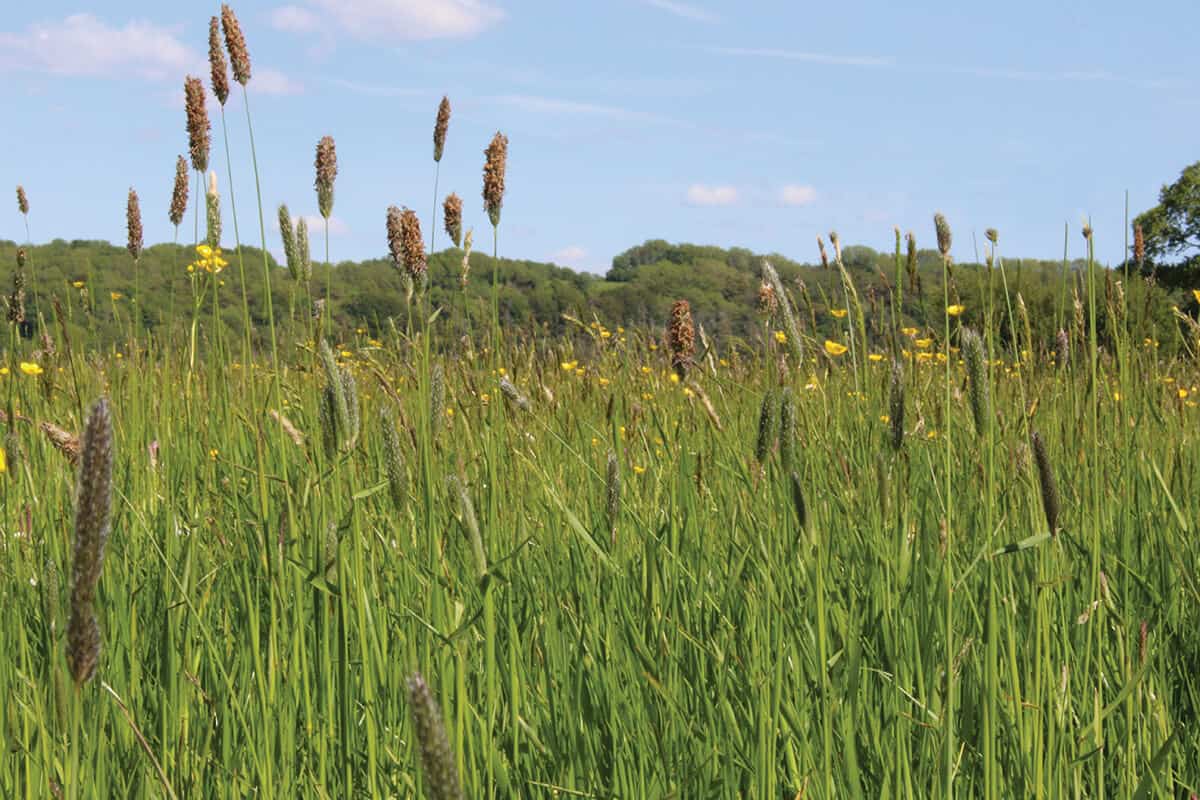
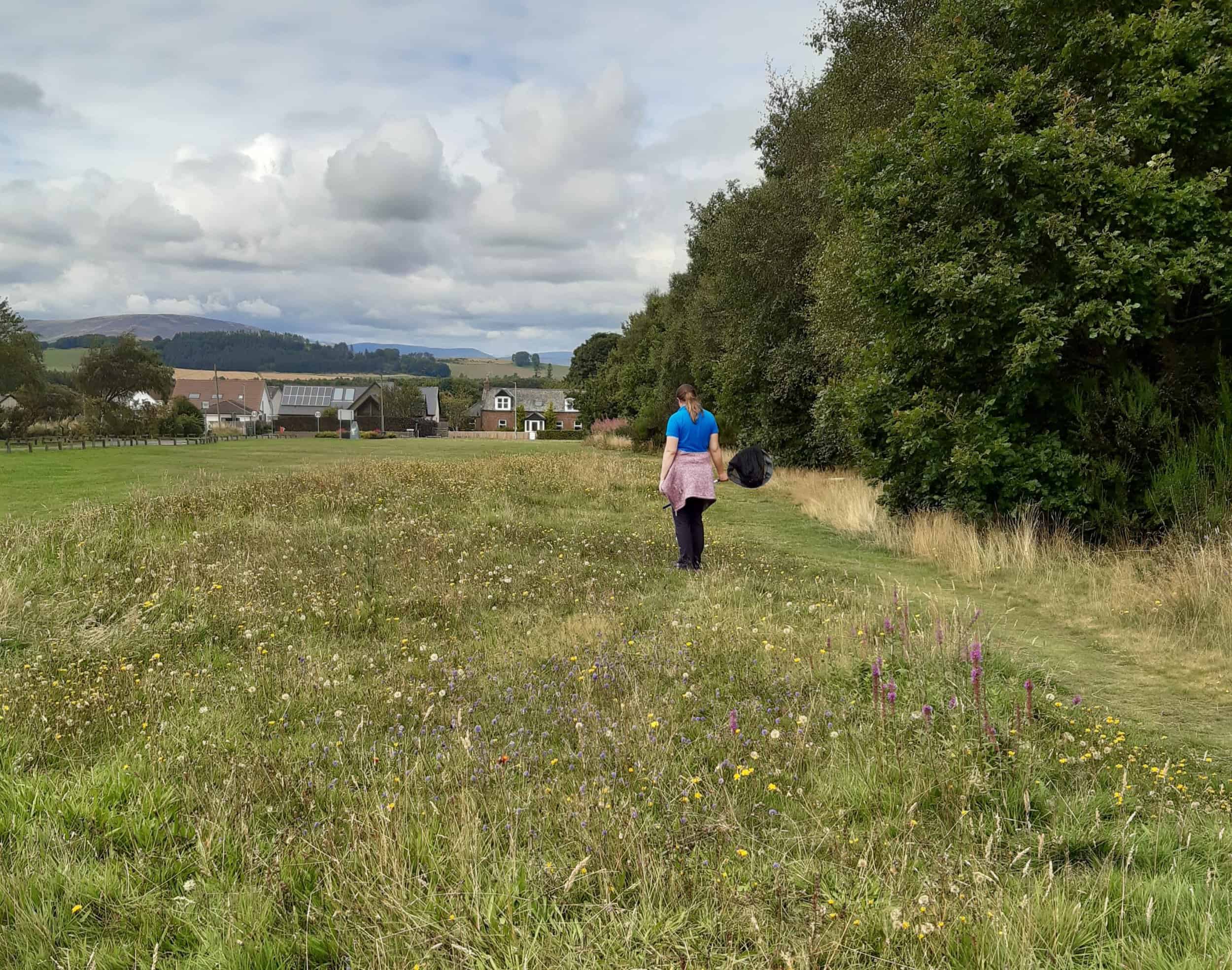
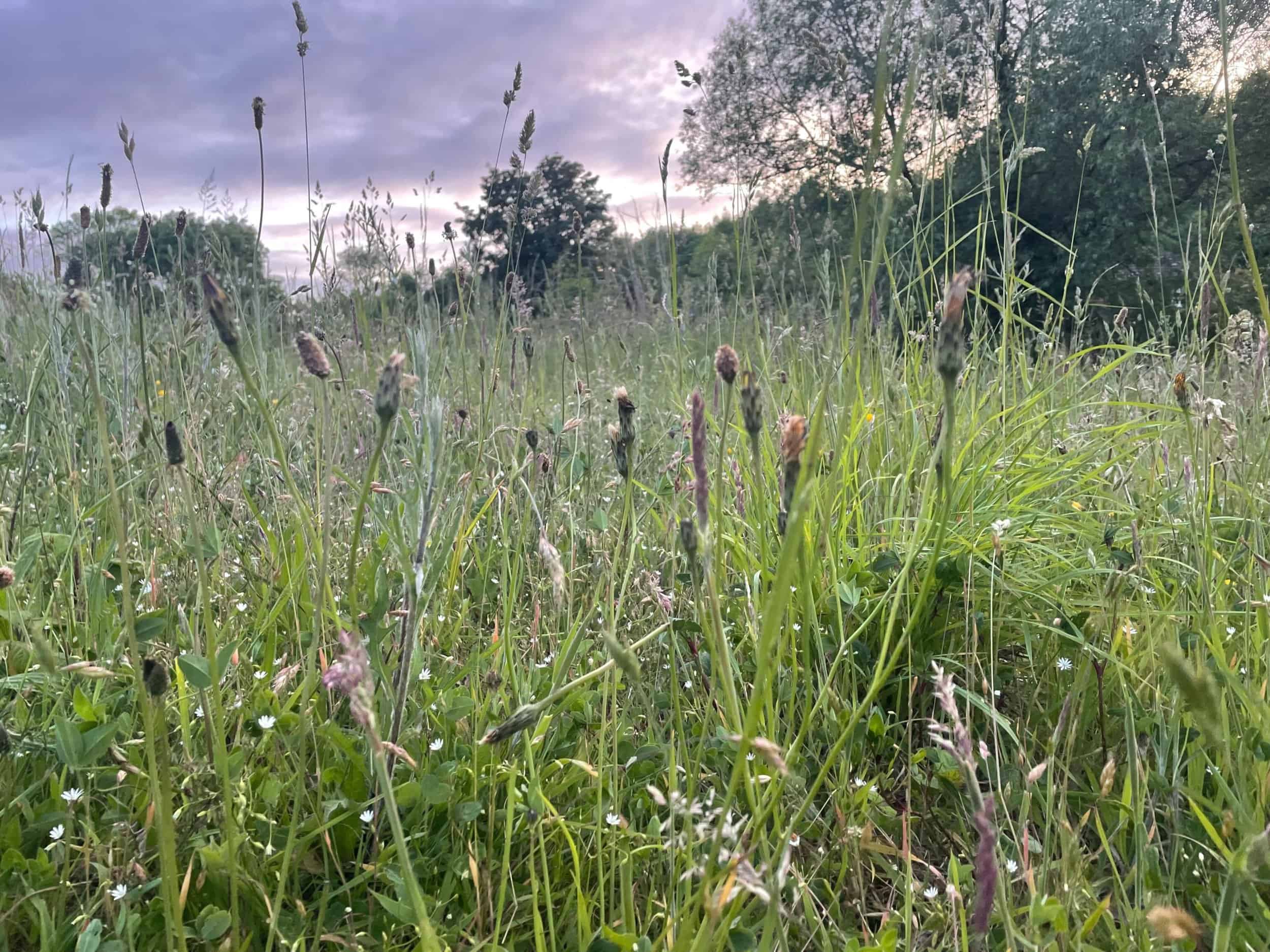
Read More
Grasses, the Poaceae family, form the matrix of a wide range of habitats but are also of huge economic importance. There are about 10,000 species of grasses found throughout the world with around 200 of these found in the UK. It is not really possible to explore and survey any habitat without including the grasses. Ecological consultants, staff, and volunteers carrying out botanical surveys will all need to have the ability to identify at least the most common grasses if their job is to be done to a high standard. The amateur naturalist will also want to know their grasses and so this course is designed for everyone with an interest in this family of plants.
The content of the course includes the structure of a grass and its different parts, for which hand lenses are required. This will be covered in the morning, with an initial classroom session of two hours or so. The remainder of the course will be spent in the field, identifying a range of species using both vegetative and floristic features of each specimen.
Who Should Attend? – The course is designed for those with a casual interest in the grass family, those who may be volunteering e.g., with a wildlife trust, and others who are developing careers as ecologists.
Knowledge Level – Beginner – Intermediate. Level descriptors can be found on the following web-page: Framework and Course Level Descriptors
Prior Knowledge – It would be an advantage for you to have at least some knowledge of grass structure and to know some grass species, but it is not essential.
By the end of the course, you will be able to:
- Understand why grasses are so important to humans and other species
- Know the place of grasses in habitats, communities and ecosystems
- Display knowledge of the different parts of a grass: flower structure and vegetative features
- Know how to identify a range of common grasses using both vegetative and floristic characters
- Be able to use dichotomous keys to identify a specific grass
- Possess the ability to distinguish between a grass, a rush and a sedge
- Use habitat as a cue to the identity of a grass
- Understand that there are abiotic factors which affect where a species of grass will thrive
- Have knowledge of what factors are affecting or threatening the grass biomes of the earth
PLEASE NOTE: There is no accommodation or meal facilities provided with this course. Refreshments (tea and coffee wil be availabe). If we are unable to reach viable numbers for this course, we will inform you of the course cancellation 4-5 weeks prior to the course run. We would recommend when purchasing accommodation and/or travel you should take out your own insurance.
Bookings will close if course capacity is reached.
Please email [email protected] if you have any questions.
About the Tutor
Fiona Gomersall
Fiona Gomersall is a trained biology teacher and skilled field botanist. She is Conservation Officer at Shropshire Wildlife Trust and is an active member of the Shropshire Botanical Society. Fiona’s monitoring and botanical survey work takes her all over the county to the 40 nature reserves and several hundred local wildlife sites.
Example Timetable
The day will start with an introductory classroom session lasting two hours or so. Here we will look at the structure of a grass and its different parts. This will include a slide show. We will look at a few different species in the class and identify them using dichotomous keys.
There will be a break for coffee during the classroom session.
The rest of the day will be spent exploring the grounds of Preston Montford, identifying the different grasses we find in the various habitats at the centre.
If the weather is poor, specimens will be brought back to the classroom for identification.
A lunch break will be at around 1 pm and if the weather is fine, we will eat packed lunches outside (please bring your own lunch).
What's Included
The course has been carefully created by expert tutors and educators to help you continue to build and develop your knowledge and apply it within the field surrounded by like-minded individuals.
The course includes:
- Classroom learning covering the theory of the species
- Field excursions to apply new knowledge
- Expert tuition for which the Field Studies Council is renowned
- Clear objectives and progression
- Refreshments (tea and coffee)
You can rest assured that the absolute best content from an expert in environmental education will be provided. In choosing a Field Studies Council course, you will be joining thousands of people who learn with us each year.
Bursaries and Subsidies
Student Discount
This course is eligible for a student discount. If you are a current student, please use discount code BioStudent20 at checkout for 20% off all Biodiversity courses.
Natural History Bursaries
There are a number of natural history bursaries available to help with the cost of your course. To find out if you and your chosen course are eligible, read more here.
Before You Attend
What to bring:
- Notebook and pencil
- Lunch and refreshments
- Sensible footwear and clothing for being outdoors
- Small bag to carry personal items
When you book this course, you will receive a discount code for the Field Studies Council recommended/essential guides below.
The following publications are essential for you to purchase prior to attending the course:
- Field Studies Council fold out chart on Grass Identification
- Hilary Wallace Field Studies Council AIDGAP Identifying grasses by their vegetative characters
There will be a member of staff with first aid training and access to a first aid kit on site. If you have special medical or access requirements, please let us know as soon as possible so we can plan the course.
Opportunities to attend this course
-
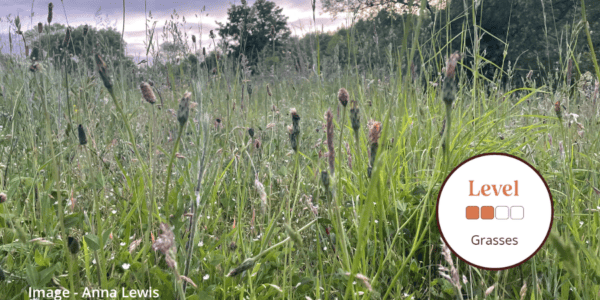
Sat 15, June 2024 10:00 - 17:00
If you would like to book accommodation, lunch and an evening meal at Preston Montford, please email [email protected].
Sorry this course is out of stock
No current dates for this course? Click here to view all the upcoming Natural History courses.
Progress Your Learning
This is a training course from the Field Studies Council, delivered by expert tutors with an approachable learning style. After attending this course, you may like to progress your learning with further relevant courses or branch out into other areas of natural history. The Field Studies Council offers both online and in-person courses, so you can choose the learning style that suits you best.
The course gives you the opportunity to immerse yourself in a new subject and acquire novel skills. Our online portal gives you time to study at your own pace and fit the lessons around your own schedule.
If you have any questions about our courses please check our Frequently Asked Questions or email [email protected].
Group Bookings Made Easy
If you have a group of 10 or more individuals wanting to complete one of our courses, our team are available to discuss your options – from discounts to private team courses. Click here to find out more!
You can rest assured that the absolute best content from an expert in environmental education will be at your fingertips. In choosing a Field Studies Council course, you will be joining thousands of people who learn with us each year.

